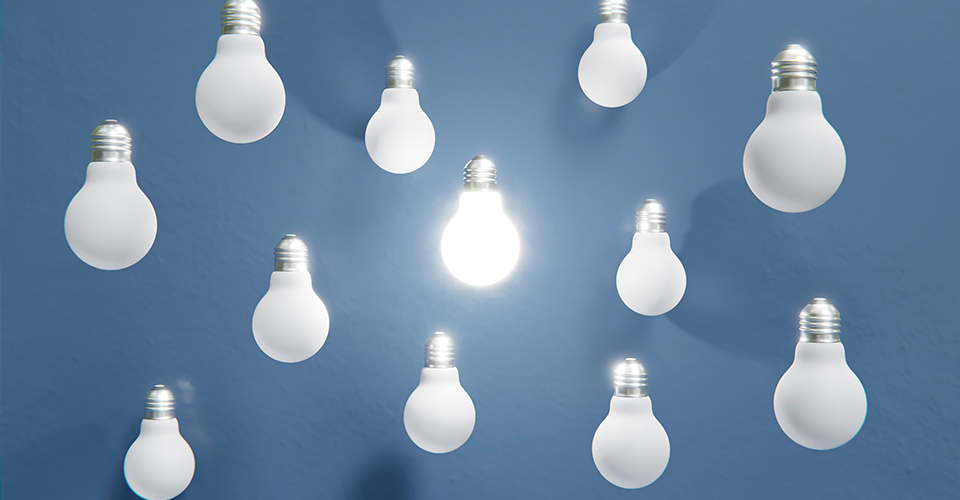Different Types of Websites
There are different types of websites. The categorisation of websites helps us to define the goal of the website. It also helps us in designing the website. A corporate website would be very different from an e-commerce website.

Broadly a site can be classified into:
- Personal Site
- Blog
- Corporate Website
- Brochure or E-catalogue
- E-commerce
- Portal
Personal sites: If you’re a brand in yourself you would want to create a personal site for yourself. A personal website is great for showcasing yourself, your work and your achievements. For ex., if you’re an author or a writer you would want an internet presence when people search for you or your work, it looks more professional and establishes credibility.
Blog If you’re passionate about something you would want to create a blog. Your passion could be anything- tech, food or cats (I am a dog person myself but I don’t judge). A blog would contain your opinions and ideas about your passion. People with similar interest would follow your blog to know about the topic you’re writing and you could earn money from your blog (http://www.wpbeginner.com/beginners-guide/make-money-online/#make-money-with-affiliate-marketing).
Corporate Websites: Every business needs an online presence. Link With your business website you can cast a net (see what I did there?) reaching millions of people over the internet. A business website would showcase your brands, products/services images and your work in all its glory.
E-catalogue/E-brochure: With your own E-catalogue website you could literally save millions of dollars being wasted on printing and distributing brochures. Your clients/dealers can directly download it from your site anytime they want. Given the power of the web, E-brochures can be more informational and detailed than physical ones. Federal-Mogul built an E-brochure to transform its business which was also used during the Auto Expo (link).
E-commerce: E-commerce sites enable your business to sell online. If you have a small business you can literally skyrocket your business with an E-commerce site. An e-commerce site has product cart and payment gateway integrated to enable you to accept online order and payments.
Portal: When you have different users accessing your website for different reasons you would want to build a portal. A portal has different login options to allow different users take different action on the same site. For example, you could have a portal where your team could collaborate and manage things. The design team in India could collaborate with the design team in the USA to share and work together on the same design in a systematic way.